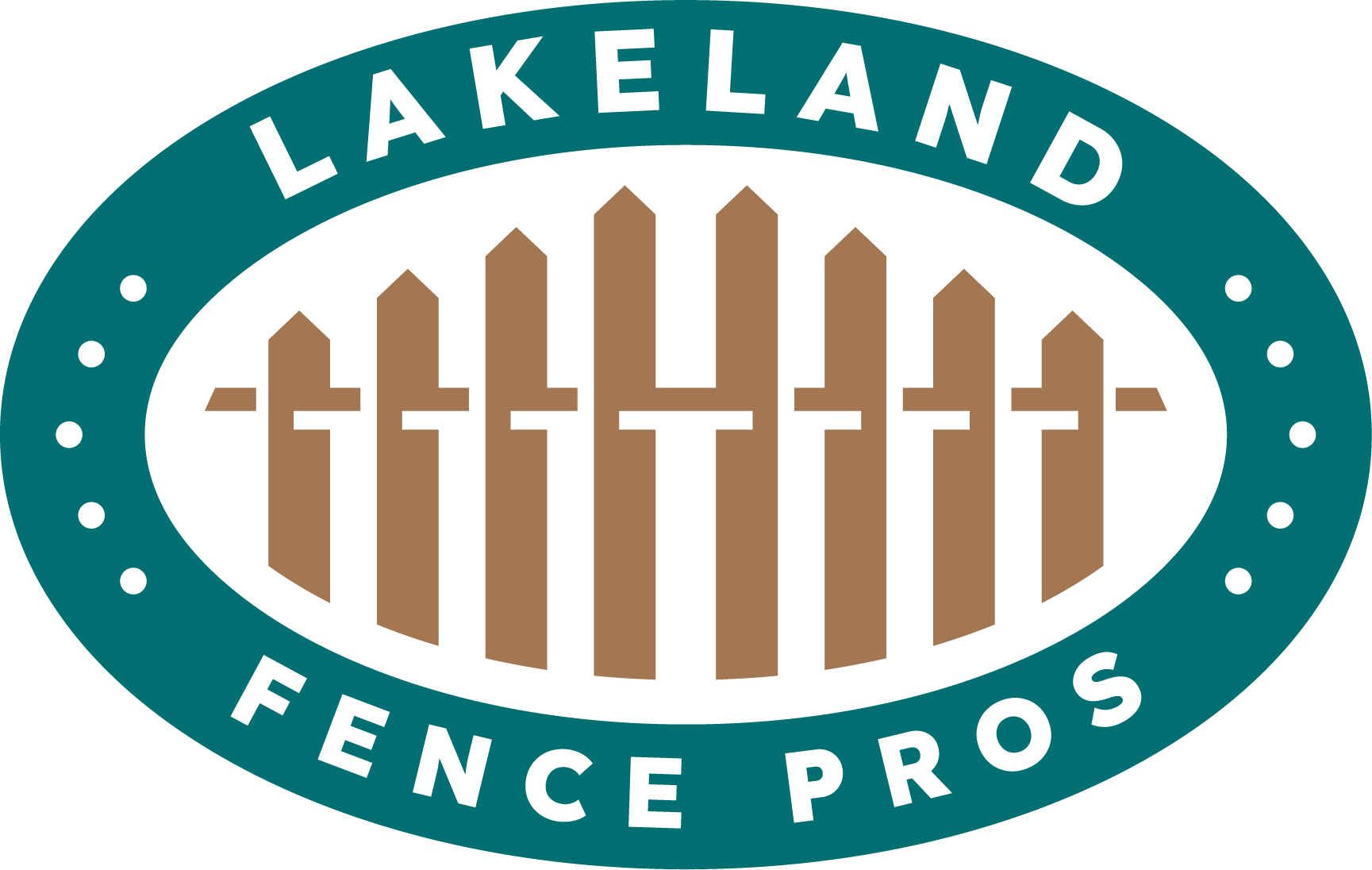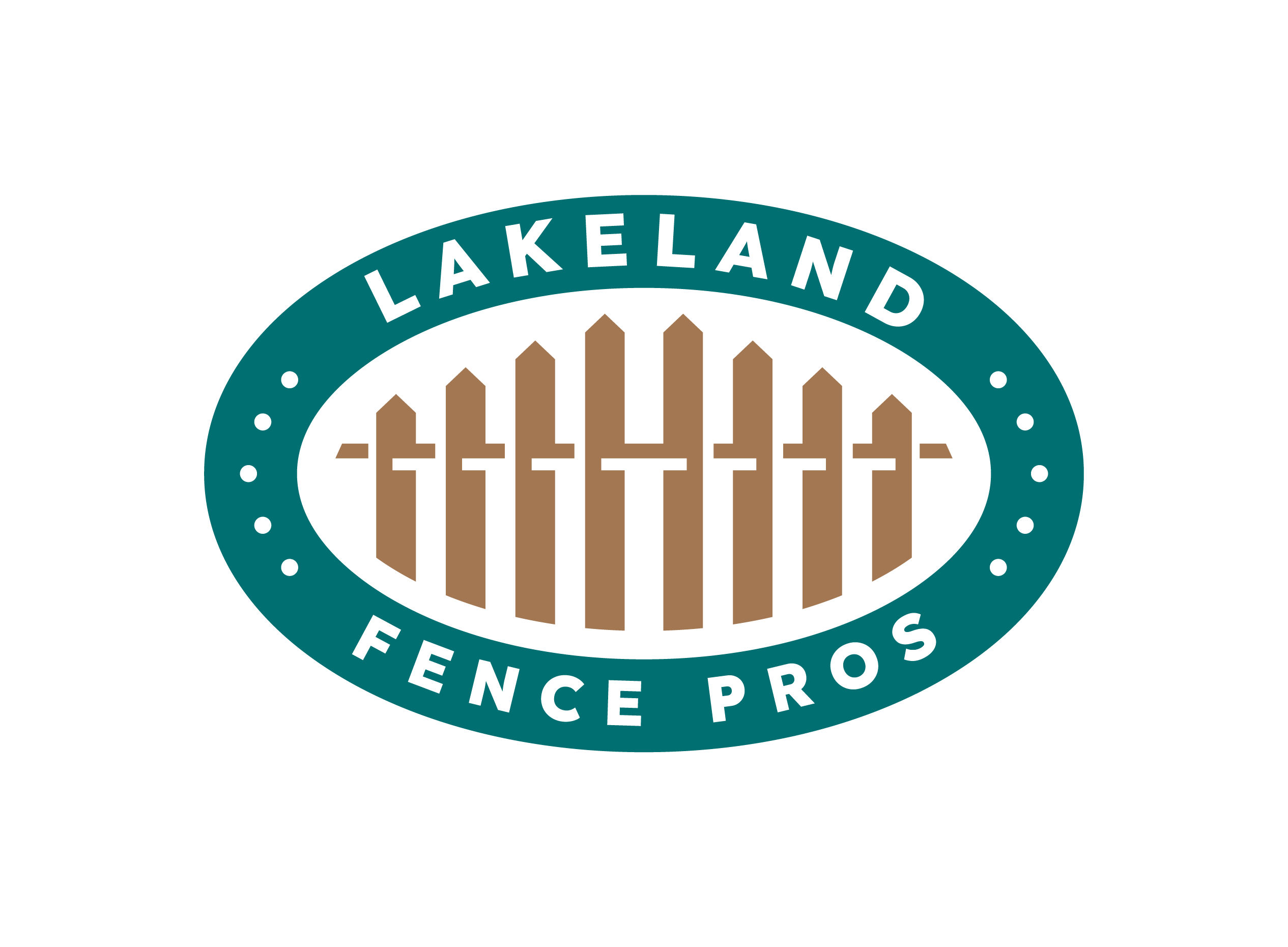A Local Guide to Aluminum Fence Care Florida: Protecting Your Investment from Humidity and Rain
Many Central Florida homeowners choose metal fences—whether elegant wrought iron or maintenance-free aluminum—for their durability and classic aesthetic. These fences define pool areas, secure properties, and boost curb appeal throughout Lakeland, Winter Haven, and the wider Polk County area.
However, the common enemy of metal is rust, or iron oxide. While we don’t face the severe salt spray found on the immediate coast, Central Florida’s intense heat, high humidity, and year-round heavy rainfall create an environment ripe for corrosion. If not properly protected, even high-quality metal can degrade quickly.
At Lakeland Fence Pros, we specialize in installing and maintaining corrosion-resistant fencing built to handle Central Florida’s unique climate. This comprehensive guide provides expert aluminum fence care Florida tips and explains why proper installation is your first line of defense against the elements.
🧐 The Central Florida Corrosion Challenge
While coastal properties deal with salt, the major threat to metal fences in Lakeland and Polk County is moisture saturation. Our environment presents a serious, though different, challenge to the integrity of metal.
1. High Humidity and Constant Moisture 💧
Rust is an electrochemical reaction that requires water and oxygen. Lakeland’s long, hot summers, combined with moisture held by our heavy air, mean metal fences are rarely 100% dry. This constant, year-round presence of humidity accelerates the corrosion process.
2. Ground Contact and Drainage Issues
Polk County soil is prone to saturation during the rainy season. Any metal fence post that is not correctly set with proper drainage (like gravel) is perpetually sitting in damp soil. This creates the perfect environment for accelerated rust at the base, leading to structural failure.
3. Galvanic Corrosion in Dissimilar Metals
This complex issue occurs when two different types of metal (e.g., steel fasteners and aluminum rails) touch, and an electrolyte (like rainwater) is present. The less noble metal corrodes faster. This is why choosing a unified, high-quality corrosion-resistant fencing system is essential from the beginning.
🛠️ Step 1: Choosing the Right Corrosion-Resistant Fencing
The lifespan of your fence is heavily dependent on the material chosen and its coating. Selecting the right product is the most important step for long-term aluminum fence care Florida.
A. Aluminum: The Central Florida Favorite
Aluminum is inherently the best option for Central Florida. Unlike steel or iron, aluminum does not contain iron, so it cannot rust (oxidize into iron oxide). When exposed to air, aluminum forms a protective layer of aluminum oxide, which naturally resists further degradation.
-
The Key: High-quality aluminum fences are treated with a multi-step process for maximum durability, which includes a robust powder coating over the aluminum base.
B. Steel and Iron (Requiring Maximum Protection)
Traditional steel and wrought iron are highly susceptible to rust. For these materials to survive in Florida’s humidity, they must be:
-
Galvanized: Dipped in zinc to provide a sacrificial barrier against the iron.
-
Powder Coated: A thick, baked-on polymer finish that provides a durable seal against moisture.
C. The Importance of Powder Coating
The powder coating is crucial for any metal fence installed in a humid environment. This sealed finish prevents moisture, humidity, and chemical exposure from reaching the metal itself. Any scratch or chip in this coating immediately exposes the metal to rust.
The National Association of Corrosion Engineers (AMPP/NACE) emphasizes that maintaining the integrity of a metal’s surface coating is critical for preventing corrosion-related metal loss (<a href=”https://www.ampp.org/resources” rel=”nofollow”>AMPP Corrosion Basics</a>).
.
🧼 Step 2: Essential Aluminum Fence Care Florida Routine
Even robust corrosion-resistant fencing requires routine cleaning and inspection to maintain the integrity of its protective coating. This is the core of effective coastal fence maintenance in a high-humidity zone like Lakeland.
A. Annual Cleaning Protocol
Metal fences need cleaning at least once or twice a year, particularly after the intense summer rainy season, to remove built-up dirt and biological growth.
-
Rinse: Use a garden hose to rinse the entire fence, removing loose debris and pollen.
-
Wash: Mix a solution of mild dish soap (pH-neutral) and water. Use a soft cloth or sponge to gently wipe down the surface. Avoid harsh abrasives or acidic cleaners.
-
Rinse and Dry: Rinse thoroughly to remove all soap residue, then allow the fence to air dry completely.
B. Immediate Scratch and Chip Repair
This is the single most critical maintenance task. A chip creates a direct pathway for moisture and corrosion.
-
Inspection: Walk the fence line monthly, specifically checking corners, hinges, and the ground line for chips in the coating.
-
Repair: Use a touch-up kit provided by the manufacturer. Clean the area, remove any surface rust (if applicable), and carefully apply the touch-up paint to seal the exposed metal.
🛠️ Step 3: Addressing Structural and Ground Issues
Corrosion at the base of the post is the primary cause of metal fence failure in Central Florida. Proper installation prevents this.
A. Correct Post Installation and Drainage
The foundation of corrosion-resistant fencing is post installation that considers local soil conditions. When Lakeland Fence Pros installs metal posts, we ensure:
-
Adequate Depth: Posts are set deep enough to resist Central Florida’s wind uplift and sandy soil instability.
-
Gravel Skirts: We utilize a gravel layer beneath and around the concrete footing to promote rapid water drainage away from the post base.
-
Concrete Crowns: The concrete footing should be poured with a slight slope or crown, sitting slightly above the soil line to actively shed water, protecting the metal from perpetual moisture contact.
B. Defense Against Ground Chemicals
-
Sprinklers: Aim sprinklers away from the fence. Constant, direct spraying provides the continuous water supply needed for rust formation.
-
Fertilizer: Fertilizers contain corrosive salts and chemicals. Avoid spraying or spreading granulated fertilizers near the fence base, as the runoff will pool and damage the coatings.
For insights into the corrosive nature of soil minerals and water quality in Florida, homeowners can consult USGS groundwater-quality data (<a href=”https://waterdata.usgs.gov/fl/nwis/qw” rel=”nofollow”>USGS Water-Quality Data for Florida</a>).
🦠 Step 4: Defense Against Biology and Pests
Even non-organic metal fences need protection from biological factors common in humid Florida.
A. Keep Landscaping Clear
Vines, bushes, and dense ground cover trap moisture against the metal surface, creating a constantly damp micro-climate perfect for corrosion. Always trim vegetation back at least 12 inches from the fence line to ensure good air circulation.
B. Addressing Existing Rust Spots
If you have an older steel or iron fence that shows rust, immediate action is required to prevent widespread failure:
-
Remove Rust: Use a wire brush, sandpaper, or an abrasive pad to remove all visible rust down to the bare metal.
-
Apply Primer: Apply a rust-inhibiting primer to the exposed area.
-
Top Coat: Apply two coats of exterior-grade, color-matched paint or touch-up coating to completely seal the area.
🏆 Local Expertise: Why Professional Care Matters
While this guide covers comprehensive DIY steps, relying on professional service for installation and major repair ensures the best long-term results against the Central Florida climate.
A. Professional Material Selection and Installation
Lakeland Fence Pros uses only the highest-grade aluminum and steel products specifically rated for Florida’s wind and humidity. Our installation practices prioritize proper drainage and deep-set posts, preventing the most common failure—corrosion at the base.
B. Guaranteed Workmanship
When you invest in corrosion-resistant fencing, you want assurance. Our professional installation and repair services come with guarantees, protecting your fence for years to come.
C. Tools and Efficiency
We have the industrial-grade cleaners and precision tools needed for large-scale touch-ups and full fence restoration, ensuring the coating is properly sealed against moisture intrusion.
⭐ Local Testimonials (Lakeland and Polk County)
We specialize in expert metal fencing that withstands the Central Florida elements.
⭐⭐⭐⭐⭐ “After dealing with rust on an old iron fence, we chose the heavy-duty aluminum from Lakeland Fence Pros. The quality is clearly superior, and the installation team was focused on perfect drainage. Excellent aluminum fence care Florida service!” — Sarah T., Winter Haven
⭐⭐⭐⭐⭐ “We noticed a few chips in our vinyl coating near the gate hinges. The service team came out immediately, touched up the spots, and gave us great tips on coastal fence maintenance that really apply to our humidity. Highly professional and proactive.” — Michael B., Lakeland
📣 Call For Your FREE Estimate Today!
Protecting your metal fence from the unique corrosion challenges of Central Florida is a smart investment. Whether you need a new corrosion-resistant fencing system installed or expert maintenance for your existing one, Lakeland Fence Pros is here to help.
We provide the expertise and materials necessary to ensure your fence remains strong and beautiful for decades.
Call For Your FREE Estimate Today and let us protect your investment!

